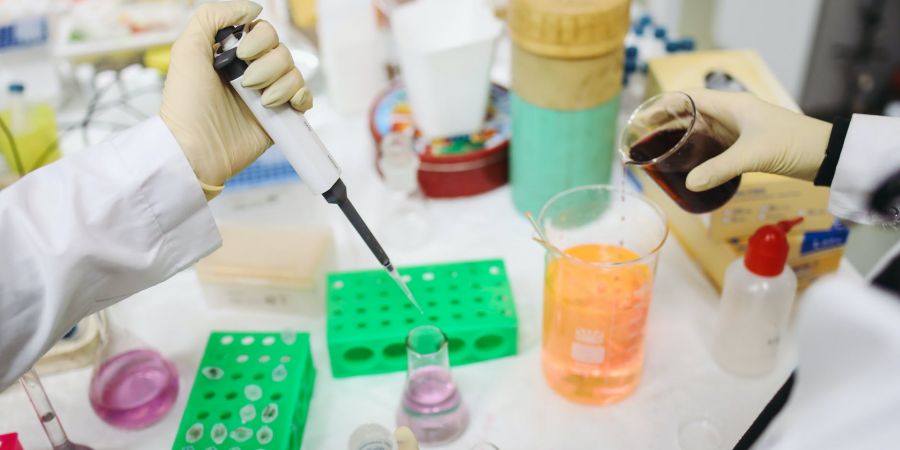

Microbiology is the study of micro organisms. (Micro=small, bio=life, logos=study). Medical microbiology deals with the study of microorganisms which causes diseases in man. Microorganisms or microbes are too small to be seen by the naked eye.
They cab be visualised only using a microscope. Microbes include bacteria, viruses, fungi and protozoa. The description of the various types of bacteria was given by Anton in 1683 through his invention of the microscope.
Louis pasteur is known as the ‘Father of Microbiology’Microbiology'.He established that fermentation was the result of microbial activity. The basic principles and techniques of bacteriology are his contributions. He introduced techniques of sterilization and developed steam sterilizer, hot air oven and autoclave.He also developed vaccine for rabies.
Artificial immunisation against pox virus was safely practised by Gloucestershire doctor, Edward jenner. He derived live cow pox vaccine against vaccinia virus in 1798. The term vaccines were derived in honour of this work. He used live vaccines for the first time.
*Bacteriology, the study of bacteria
*virology, the study of viruses.
*Mycology, the study of fungi.
*parasitology, the study of parasites and Immunology, the study of defence mechanism of the body.
Microbiology has an important role in diagnosis,prevention and control of diseases in a community. Laboratory diagnosis of various diseases are made by isolation and identification of the pathogenic organisms. After identification, antibiotic sensitivity testing is done for a better guidance in therapeutic applications. The procedures involved in Microbiology help to a great extent in the study of the factors that influence the prevalence and distribution of diseases in the community.
The lodgement and multiplication of an organism in the tissue of host is called infection. It is the process by which the microorganisms enter the living body and produce disease. Bacteria products like toxins and antigens can also cause infection. All infection may not cause disease. Those diseases that are readily communicable from person are called infectious diseases or contagious diseases.
Depending on the mode of spread of infections disease, they are of different types.
Endemic:-disease which are constantly present in a particular area eg:Typhoid.
Epidemic:-diseases that spread rapidly involving many persons in an area at the same time eg:Influenza.
Pandemic:-It is an epidemic that spreads through many areas of world, involving a very large number of persons within a short period eg:cholera, plague etc.
Exotic:-diseases which are imported in to a country in which they do not otherwise exist. Eg:AIDS, Avian Flue.




